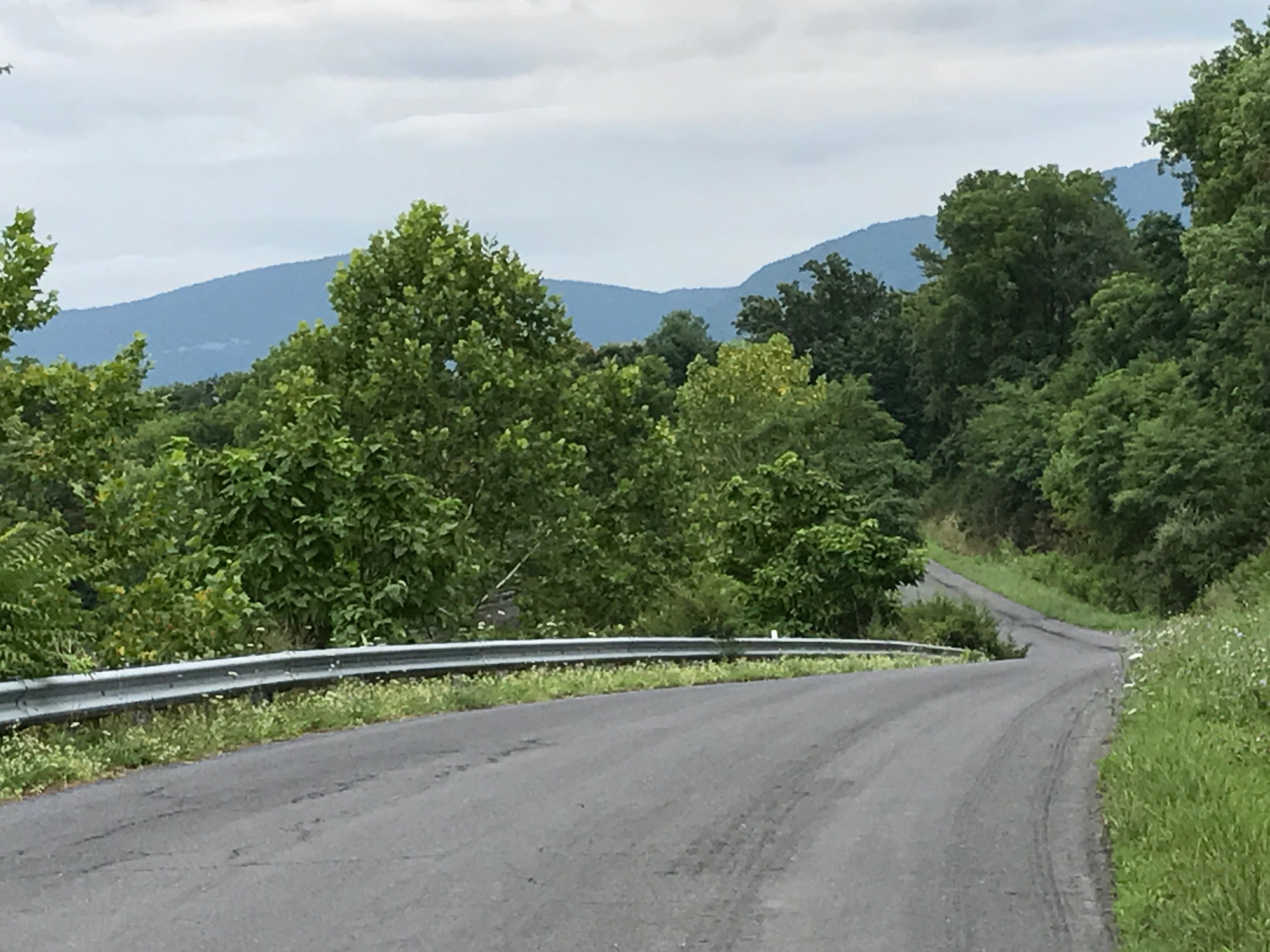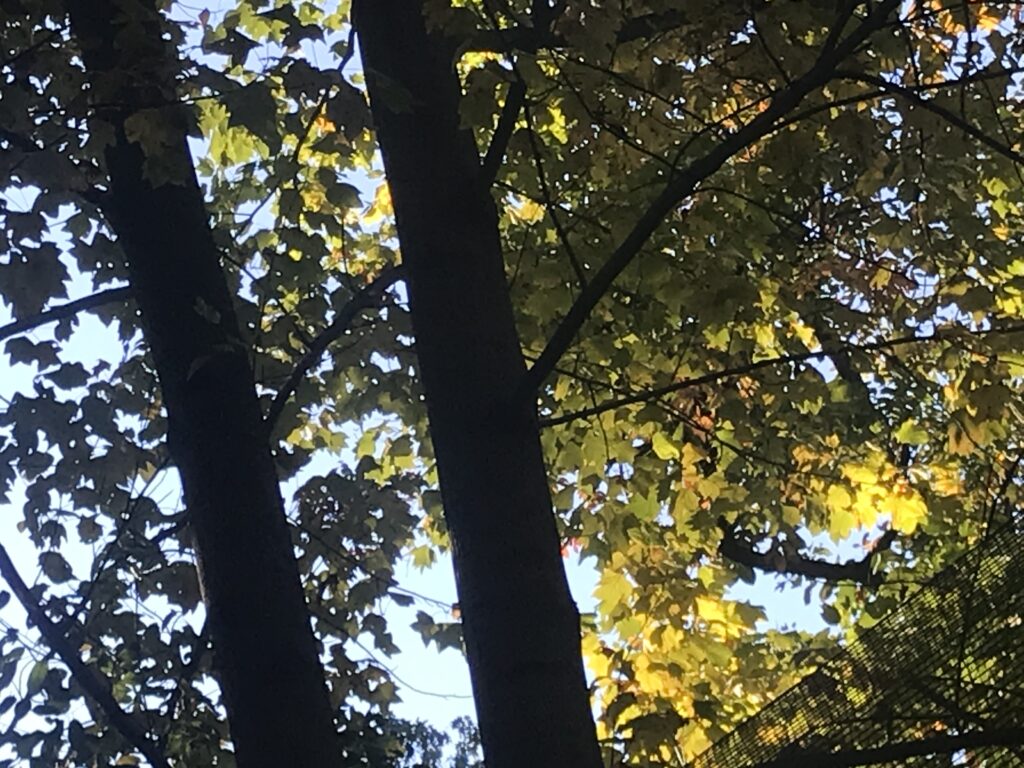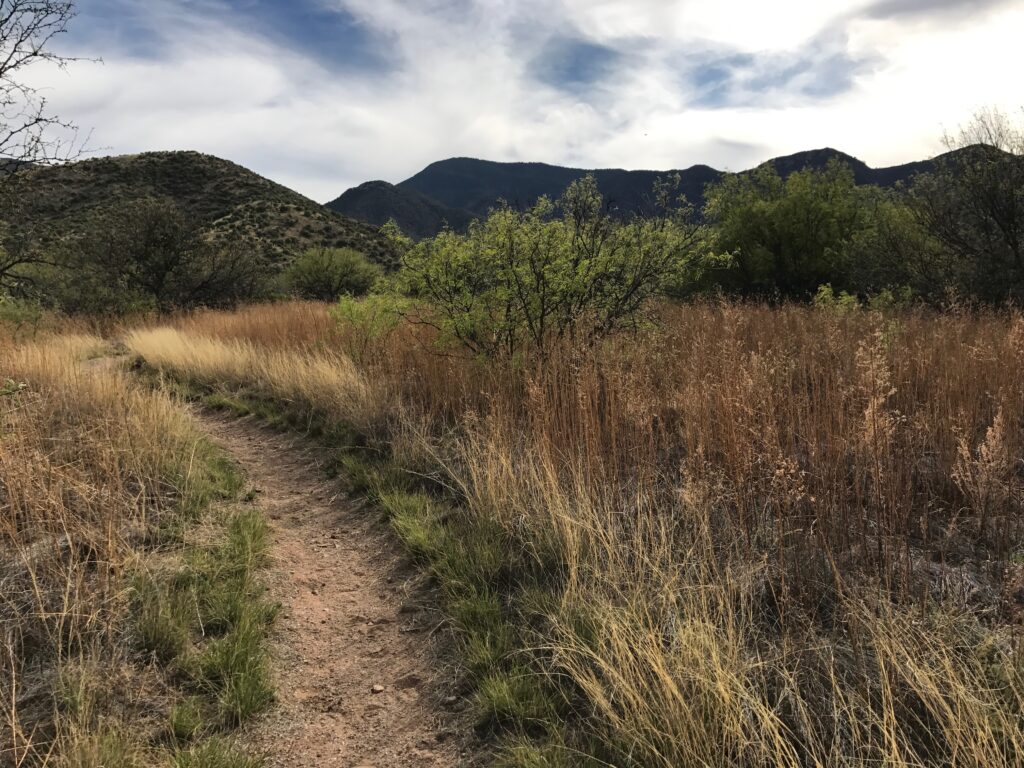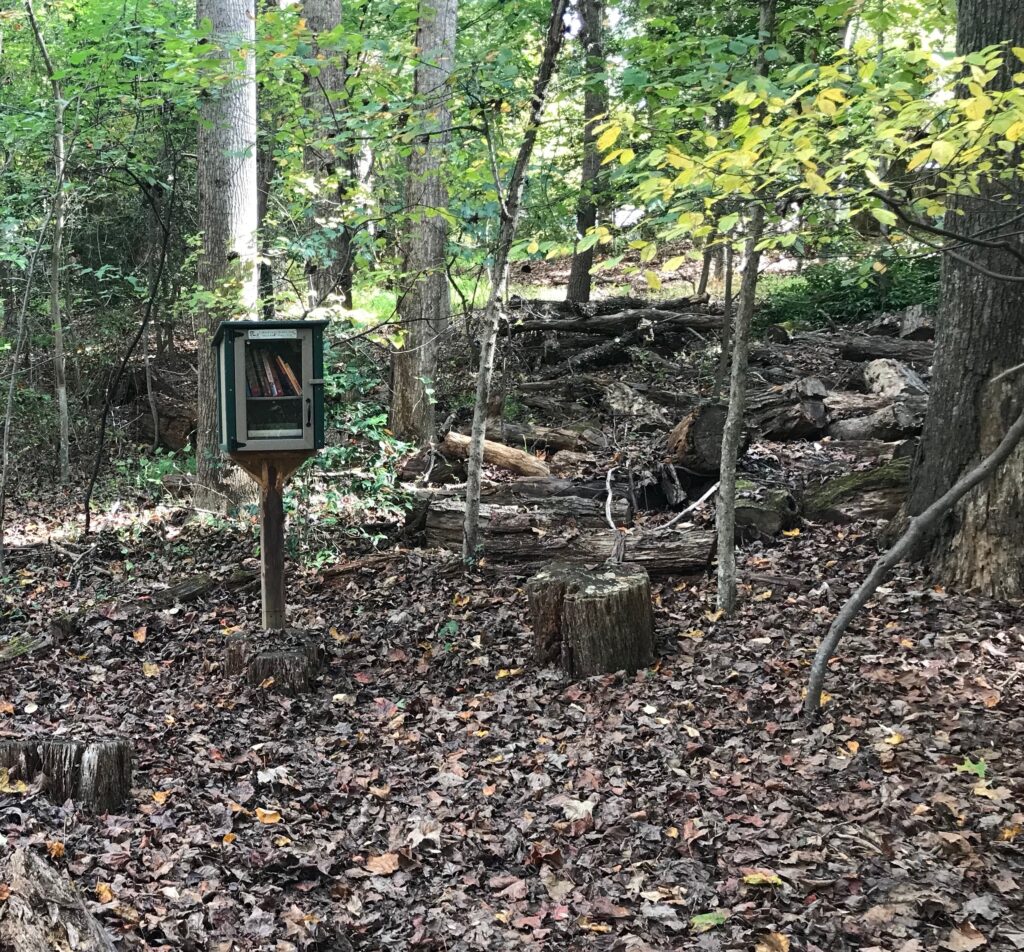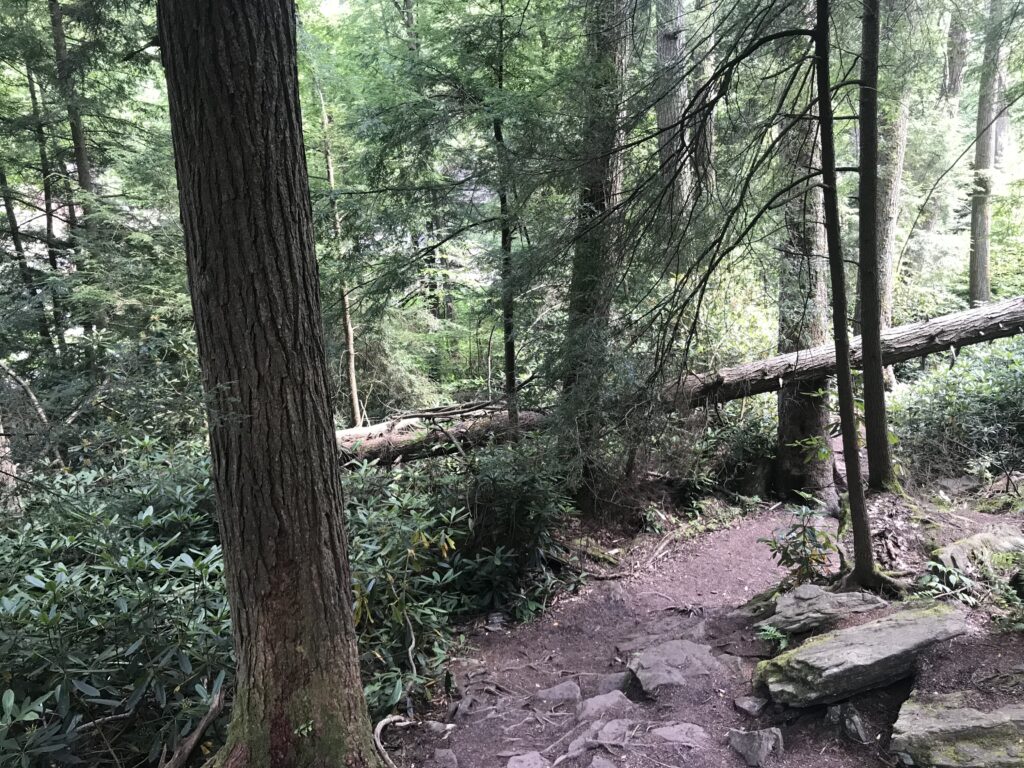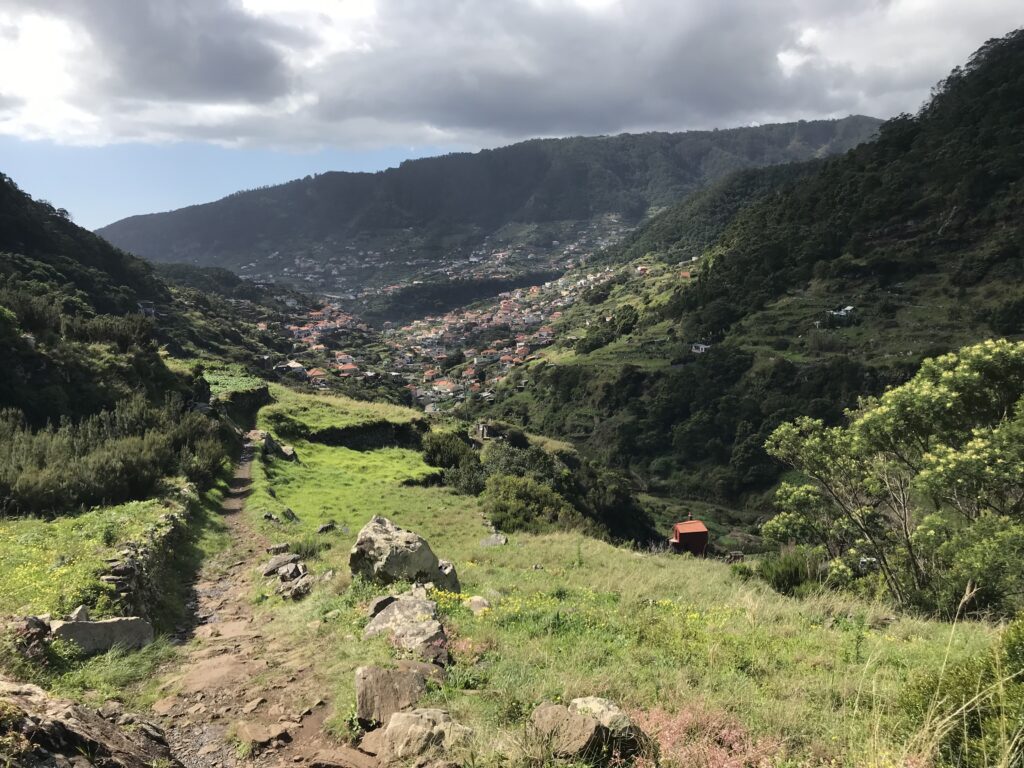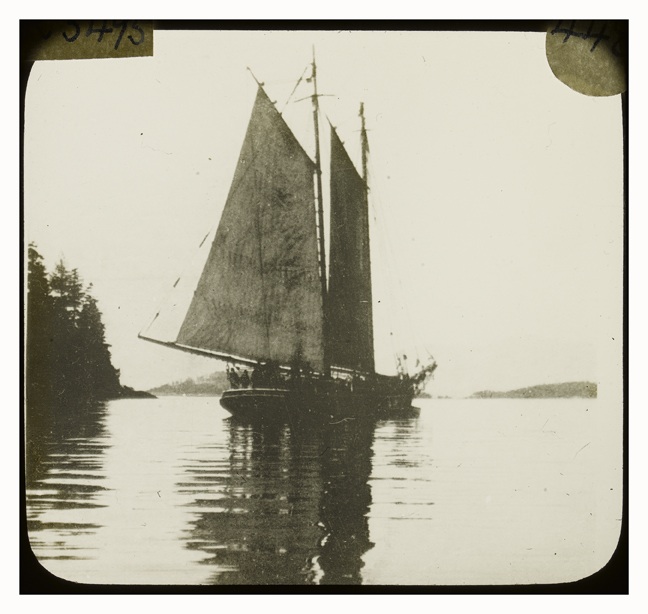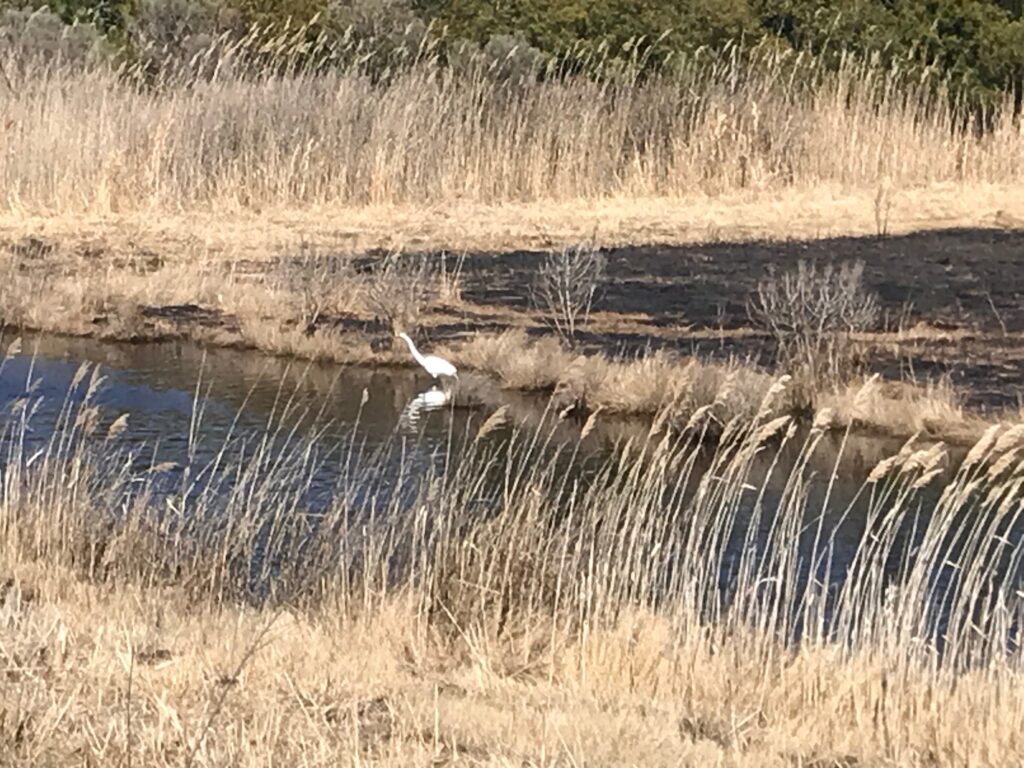Better Living Through Chemistry
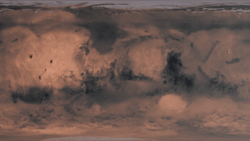
This morning, I learned how to make a bomb. I doubt I will ever put this knowledge to use, but if I find myself in need of propulsion in space, I’ll have a trick up my sleeve.
According to Andy Weir’s novel, The Martian, which I just finished, all I need is sugar, which I have far too much of in this house. I’ll also need a zero-g environment, more difficult to summon, true. But if I had such an environment, Weir explains, “sugar would float and the grains will separate, maximizing surface area. In a pure-oxygen environment, 16.7 million joules will be released for every kilogram of sugar used, releasing the explosive force of eight sticks of dynamite.”
I will soon stir some sugar into my tea.. The fact that I could turn these calories into an explosive device is, well, blowing my mind. Better living through chemistry. Or something like that.
Mars surface map, courtesy NASA.
